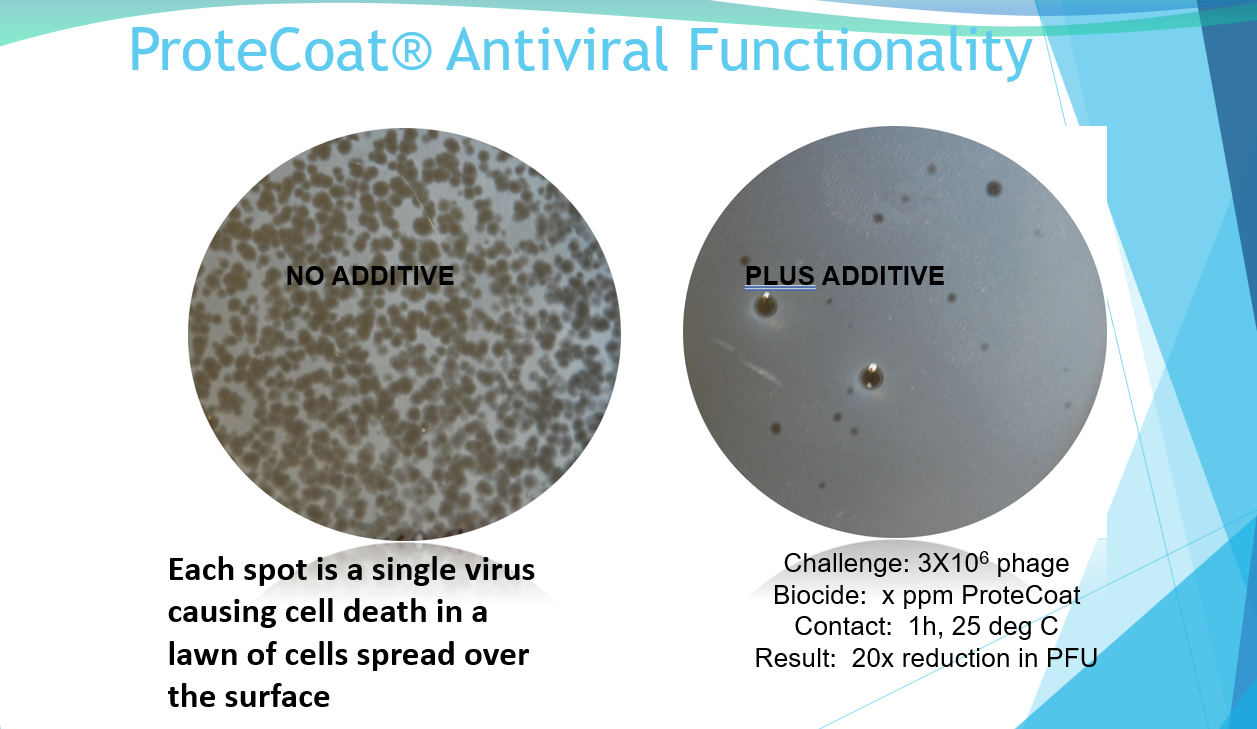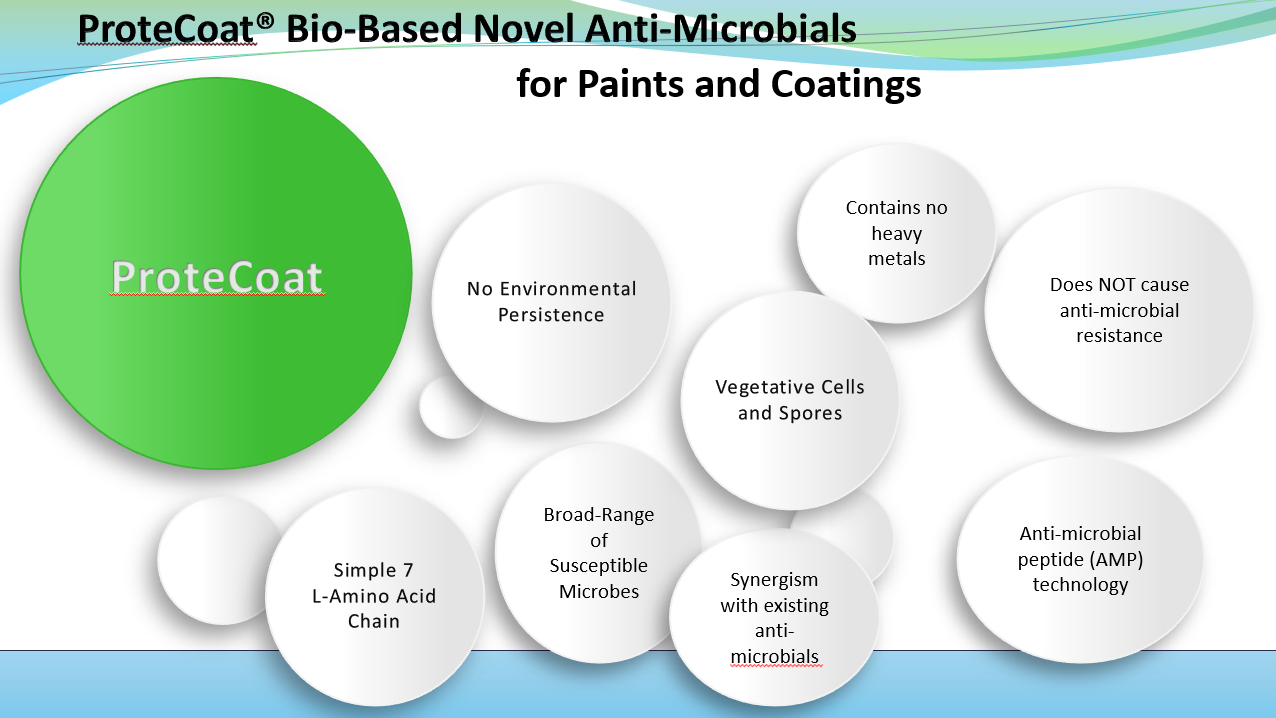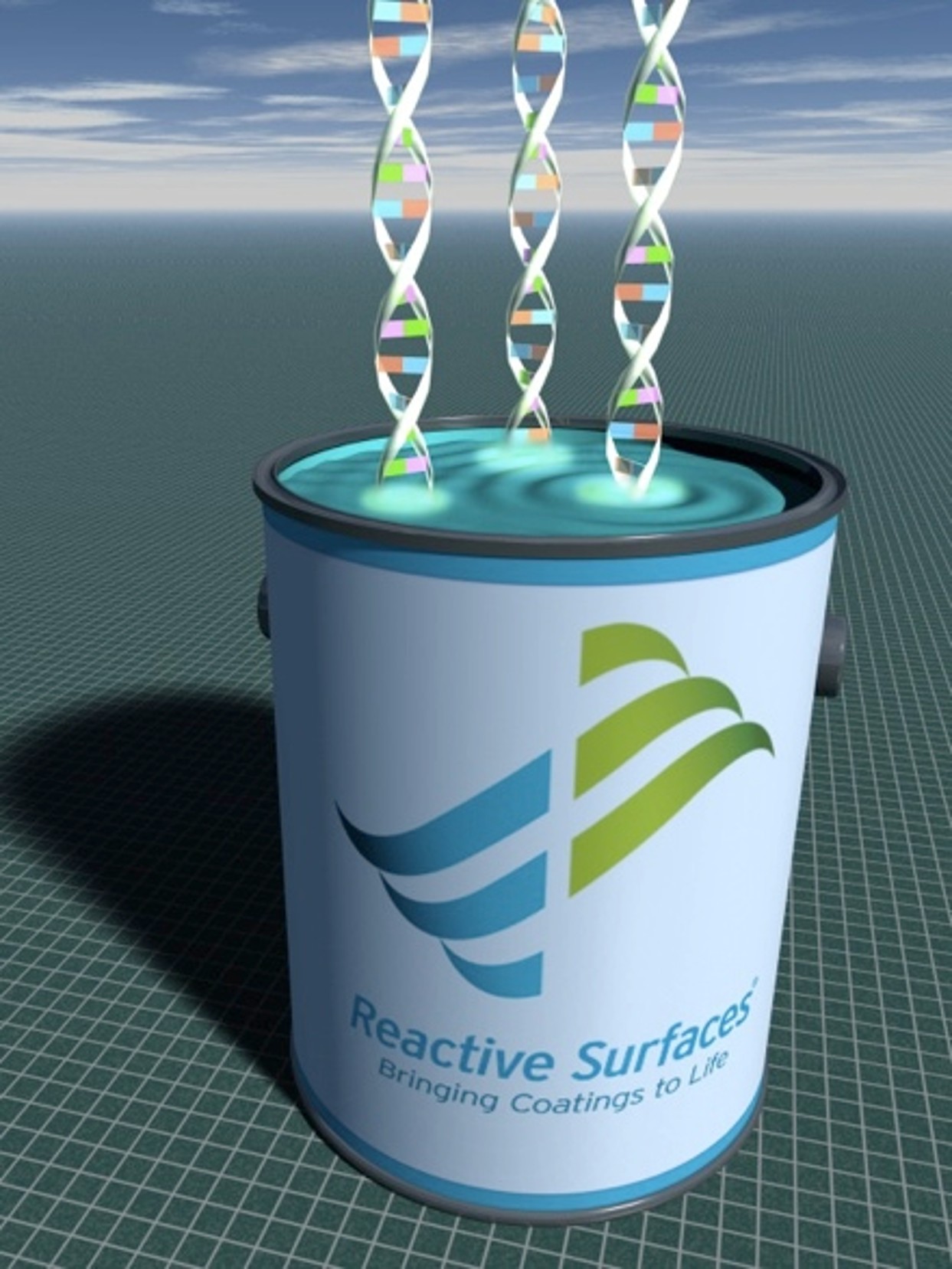ProteCoat™ is a non-toxic antimicrobial coating technology developed by Reactive Surfaces aimed at reducing healthcare-associated infections (HAIs) in hospitals and public spaces
Healthcare-associated infections (HAIs) remain one of the most persistent and costly challenges in global medicine. According to the World Health Organization, an estimated 7–10% of hospitalized patients worldwide acquire at least one nosocomial infection, with multidrug-resistant pathogens posing an increasing risk. High-touch surfaces, such as bed rails, counters, touchscreens, and door handles, play a significant role in the environmental transmission of infectious microbes, including Staphylococcus aureus, Clostridioides difficile, and even enveloped viruses like SARS-CoV-2.
Traditional disinfectants and conventional antimicrobial coatings have fallen short. Disinfectants require frequent reapplication and lose efficacy between cleanings, while many antimicrobial paints and coatings rely on toxic leaching agents that pose environmental and human health concerns. Moreover, antimicrobial resistance (AMR) continues to rise, fueled partly by overexposure to heavy metals and biocides in these products.
ProteCoatTM, developed by Reactive Surfaces, offers a non-toxic, peptide-based antimicrobial coating technology designed to address these limitations. By harnessing a library of more than 53 million functional antimicrobial peptides (AMPs), ProteCoat provides persistent, environmentally safe, broad-spectrum protection against bacteria, fungi, spores, and viruses without contributing to AMR or chemical toxicity concerns.
Why coatings matter in infection control
Surfaces are an underappreciated reservoir for infectious disease transmission. A cross-section of a polyurethane (PU) film demonstrates why: pigments embedded in coatings range from 30 to 525 μm3, and titanium dioxide crystals average 6 to 31 μm3.
By comparison, bacterial cells typically measure 1–2 μm in diameter, and bacterial spores are even smaller, ranging from 0.5 to 1.5 μm. This means that coatings themselves can act as a microbial reservoir, trapping pathogens in tiny interstitial spaces where they remain viable.
Because functional peptides and enzymes are nanoscopic – significantly smaller than bacterial cells or spores – they can be integrated seamlessly into the coating matrix without compromising coating integrity. More importantly, these peptides retain their bioactivity inside the coating, enabling ProteCoat-treated surfaces to remain self-sanitizing for as long as the coating remains intact.
How ProteCoatTM works
1. Antimicrobial peptides at the core
Reactive Surfaces has curated a proprietary library of 53 million AMP candidates, originally screened for treating upper respiratory infections in immunocompromised AIDS patients. These peptides are biologically derived, biodegradable, and – most importantly – non-toxic to humans and the environment.
- Over two-thirds of these AMPs exhibit potent antimicrobial activity.
- Many show dual functionality, displaying antiviral and antifungal capabilities in addition to antibacterial effects.
- ProteCoat’s AMPs can be customized individually or in synergistic combinations to target specific pathogens relevant to healthcare or public spaces.
2. Non-leaching, long-lasting protection
Unlike conventional antimicrobial coatings that release toxic agents such as silver ions or triclosan into the environment, ProteCoat’s AMPs remain embedded in the coating and kill microbes on contact. The antimicrobial activity persists for as long as the coating remains physically intact, eliminating the need for reapplication and reducing maintenance costs.
3. Efficacy against enveloped viruses
During the COVID-19 pandemic, Reactive Surfaces upgraded its testing facilities to evaluate ProteCoat’s activity against enveloped viruses, including surrogates for SARS-CoV-2. Early results were highly promising, demonstrating rapid viral inactivation on treated surfaces.

The problem with traditional biocides
Historically, the multi-billion-dollar paints and coatings industry has relied heavily on in-can organic biocides to prevent premature degradation of coatings. However, these compounds often leach out of applied coatings, exposing building occupants to potentially harmful chemicals. In 2015, Kaiser Permanente, one of the largest healthcare providers in the US, banned 15 commonly used antimicrobial agents in paints, coatings, and fabrics for its hospitals, citing toxicological concerns and risks associated with antimicrobial resistance.
ProteCoatTM addresses this challenge directly by eliminating toxic leaching agents. Its AMP-based approach ensures coatings remain safe for patients, healthcare workers, and the environment while providing persistent antimicrobial protection.
Beyond antimicrobial: Platform for functional surfaces
ProteCoatTM represents just one example of Reactive Surfaces’ broader biofunctional coatings platform:
- DeGreezTM technology: Entrains lipolytic enzymes into coatings, creating a self-cleaning ‘soap layer’ that breaks down oils, greases, and biofilms.
- Anti-nucleic acid coatings: Uses enzymes that degrade DNA and RNA, preventing horizontal gene transfer of antibiotic resistance traits among microbes.
- Multi-functionality: Combining ProteCoatTM with these technologies could yield hospital surfaces that are simultaneously antimicrobial, self- cleaning, and anti-biofilm.

This integrative approach is particularly important in combating antimicrobial resistance (AMR), which the WHO identifies as one of the top ten global health threats. By preventing both microbial colonization and the environmental exchange of resistance genes, ProteCoatTM offers a proactive strategy for infection control.
A call for clinical evaluation
While laboratory data strongly support ProteCoat’s potential, real-world clinical studies are the next critical step. Hospitals, long-term care facilities, and public transportation systems represent ideal test environments to quantify reductions in microbial burden and secondary infections. Such studies could measure:
- Rates of surface contamination before and after ProteCoatTM implementation.
- Reduction in hospital-acquired infections in treated areas.
- Impact on cleaning costs and labor requirements.
- Compatibility with existing cleaning and disinfection protocols.
By partnering with healthcare systems, Reactive Surfaces aims to scientifically validate ProteCoat’s contribution to creating safer and cleaner hospital environments.
Antimicrobial resistance, nosocomial infections, and the limitations of conventional surface-disinfection technologies demand innovative, sustainable solutions. ProteCoatTM by Reactive Surfaces represents a paradigm shift: a non-toxic, peptide-based antimicrobial coating that maintains efficacy for the lifetime of the coating itself.
For hospitals, public transit systems, and other high-risk environments, ProteCoatTM could become a transformative tool in reducing environmental reservoirs of dangerous pathogens, lowering healthcare costs, and improving patient safety – all without contributing to toxic exposures or antimicrobial resistance.
The time is right for clinical studies that assess ProteCoat’s real-world impact. If results mirror laboratory findings, ProteCoatTM could redefine the role of coatings in infection control and public health protection globally.

